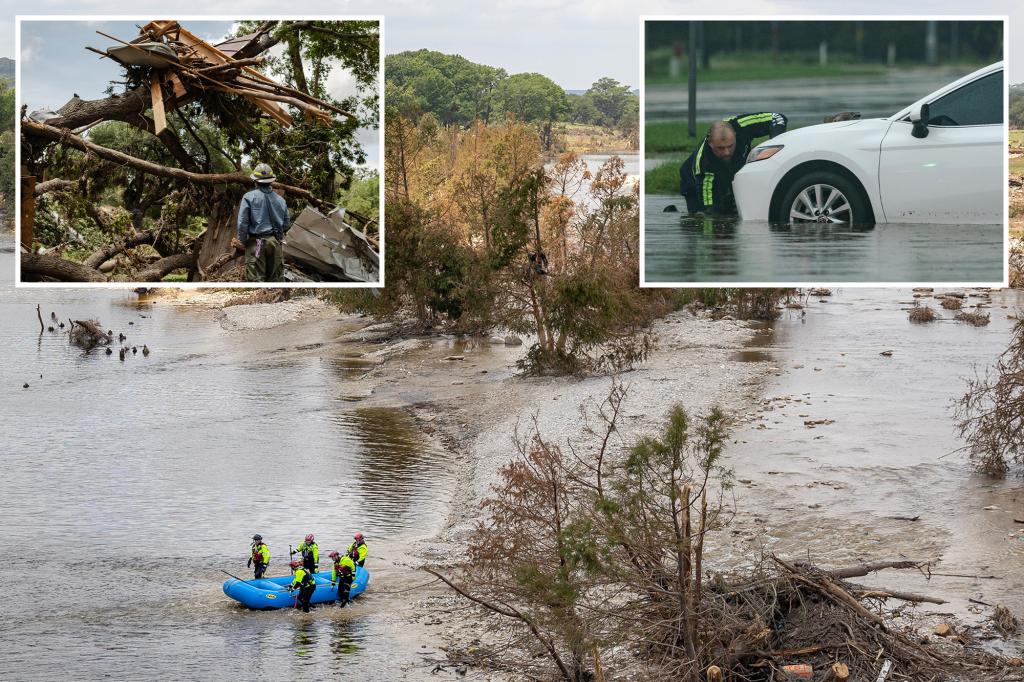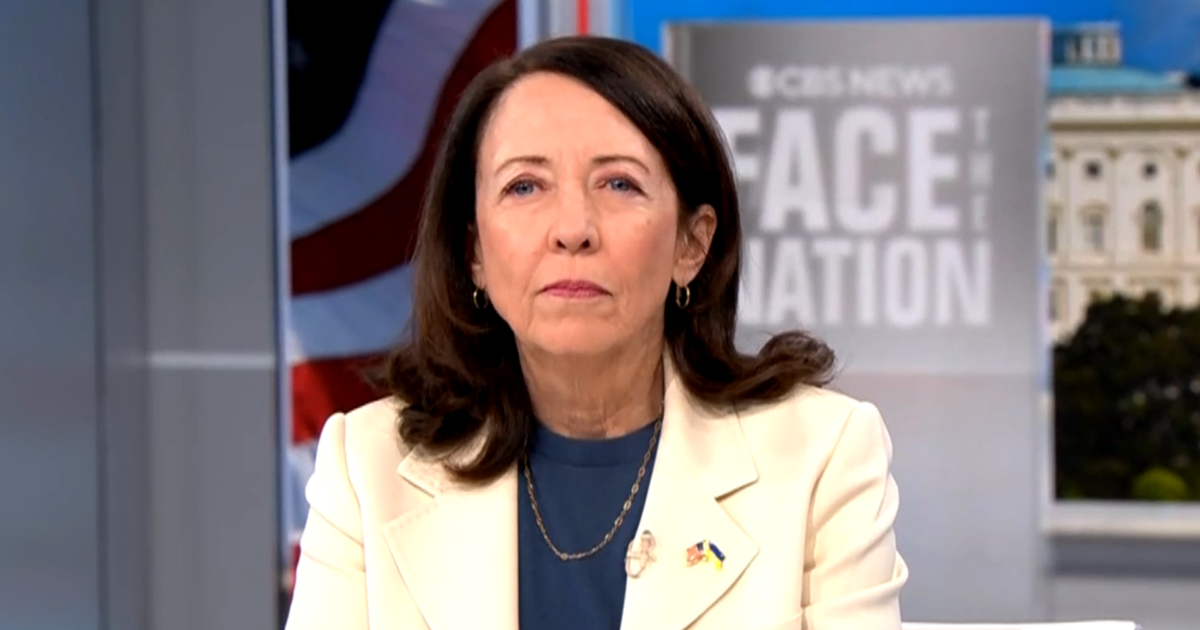Shifting Tides: The Global Response to Climate Change in 2023
As the world grapples with the escalating effects of climate change, 2023 has emerged as a pivotal year for international efforts to combat this pressing issue. On September 20, leaders from over 100 countries gathered in New York for the United Nations Climate Change Summit, emphasizing the urgent need for collective action to address rising temperatures, extreme weather events, and environmental degradation.
Understanding the Urgency of Climate Action
The recent summit focused on the stark reality that global temperatures have risen by approximately 1.2 degrees Celsius since pre-industrial times, according to the Intergovernmental Panel on Climate Change (IPCC). This rise is linked to increased carbon emissions, primarily from fossil fuels. Dr. Elena Marks, a climate scientist at the Global Institute for Sustainable Development, stated, “If we do not act now, we risk crossing tipping points that could lead to irreversible damage to our planet.”
This year, extreme weather events have underscored the consequences of inaction. The summer saw unprecedented heatwaves across Europe, devastating wildfires in Canada, and catastrophic floods in South Asia, leading to displacement for millions. According to the World Meteorological Organization (WMO), these events are becoming more frequent and severe, costing the global economy over $200 billion in 2023 alone.
Key Initiatives and Commitments at the Summit
The 2023 Climate Change Summit brought together a diverse coalition of nations, corporations, and NGOs, all committed to a sustainable future. Notable commitments included:
- Net-Zero Goals: Over 50 countries pledged to achieve net-zero emissions by 2050, a significant increase from previous commitments.
- Investment in Green Technology: Major economies announced a collective investment of $500 billion in renewable energy and carbon capture technologies.
- Support for Vulnerable Nations: A fund of $100 billion was established to assist developing nations in adapting to climate change impacts.
“These commitments are a testament to the growing recognition that climate change is not just an environmental issue, but a humanitarian one,” said Maria Lopez, an environmental policy analyst. “The effects of climate change disproportionately affect the most vulnerable populations, and we must prioritize their needs.”
Challenges Ahead: Political and Economic Barriers
Despite the optimistic commitments made, significant challenges remain. Political divisions, particularly in the United States and among major fossil fuel-producing countries, threaten to undermine global efforts. The recent midterm elections in the U.S. saw a split in support for climate policies, which could stall progress in implementing the nation’s climate action plan.
Economically, the transition to green energy requires substantial upfront investments. Many nations are grappling with inflation and economic instability, making it difficult to prioritize climate initiatives. According to a report from the International Energy Agency (IEA), it is estimated that an annual investment of $4 trillion is needed to meet global climate targets by 2030. However, only $1.5 trillion was invested in 2022, illustrating the gap that still exists.
Community Engagement and Grassroots Movements
In response to government actions, grassroots movements have surged, advocating for local climate initiatives. Community organizations worldwide have mobilized citizens to participate in tree-planting campaigns, clean-up drives, and educational workshops. Activist Sarah Johnson, a leader in the youth climate movement, remarked, “Our generation is ready to take action. We cannot wait for politicians to lead; we must be the change we want to see.”
These grassroots efforts are critical in raising awareness and fostering local solutions to climate issues. Many cities are adopting sustainability plans that focus on reducing waste, enhancing public transportation, and increasing green spaces.
The Role of Technology in Fighting Climate Change
Technology plays a crucial role in the fight against climate change. Innovations in renewable energy, such as solar and wind, have become increasingly efficient and cost-effective. In 2023, solar power capacity reached a new high, accounting for nearly 30% of the energy mix in several countries.
Furthermore, advancements in artificial intelligence (AI) are helping to optimize energy consumption and improve resource management. For instance, smart grid technology is enabling cities to balance energy supply and demand more effectively, reducing waste and emissions.
Looking Ahead: The Future of Climate Action
As the world moves forward, the focus will likely shift towards implementing the commitments made at the summit. The next major milestone will be the 2024 UN Climate Change Conference, where nations will be held accountable for their promises. Experts believe that increased collaboration between governments, businesses, and civil society is essential to achieving meaningful progress.
Dr. Marks emphasizes the importance of sustained action: “We cannot afford to be complacent. Every year, every decision counts. The future of our planet depends on our commitment today.”
In conclusion, while 2023 has seen significant steps toward combating climate change, the path ahead is fraught with challenges. Collective global action, innovative technology, and grassroots movements will be vital in addressing this existential threat. As individuals, communities, and nations, we must remain engaged and proactive. For those looking to contribute, consider joining local climate initiatives or advocating for policies that support sustainability.



